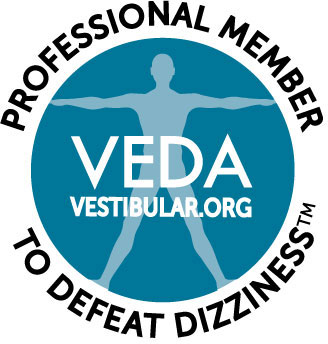It seems that reading problems and learning disabilities are more prevalent than ever in our schools today. Many children have trouble focusing and struggle with behavior issues as well. Often, children with these and related problems are diagnosed with ADHD and prescribed medication, but sometimes the medication doesn’t seem to help. In such cases, it’s a possibility that what was diagnosed as a learning disability or ADHD is actually a medical condition called binocular vision dysfunction (BVD).

How BVD Affects Reading
Binocular vision dysfunction is a condition that leads to eye muscle strain. It’s caused by a misalignment of the eyes, either vertically or horizontally, that leads to eye strain and overuse of the eye muscles. The intraocular muscles work so hard to correct the problem that they become strained and fatigued, leading to problems with up-close tasks such as reading and writing. Many of the symptoms of BVD coincide with those of ADHD, such as:
-
Reading difficulties (reading slowly, losing their place, trouble comprehending)
-
Anxiety
-
Problems concentrating
-
Short attention span
-
Emotional problems
Symptoms of VH
Binocular vision disorders also cause other symptoms that don’t necessarily correlate with ADHD. One common type of binocular vision disorder is vertical heterophoria (VH). People with VH exhibit a variety of symptoms that make learning much harder, such as:
-
Nausea
-
Eye pain
-
Aching neck and shoulders due to head tilt
Unfortunately, parents and educators often mistake VH for a learning disability or dyslexia, a language-based disorder, rather than a binocular vision disorder. And as most optometrists don’t have the proper equipment to identify it, they often miss it too. VH can only be detected and properly diagnosed by neurovisual specialists like the doctors at the Neuro Visual Center of New York.
Get Help From a Professional
If your child has been diagnosed with ADHD that hasn’t improved with medication, or you have concerns about reading or attention issues, VH may be the cause. In this case, it’s time to schedule a comprehensive neurovisual examination with Dr. Cheryl or Dr. Marissa. If needed, our doctors can provide custom aligning prismatic lenses that are very effective in treating the vision problems commonly mistaken for ADHD. Contact the Neuro Visual Center of New York today at (516) 224-4888 to schedule your child’s neurovisual exam.





